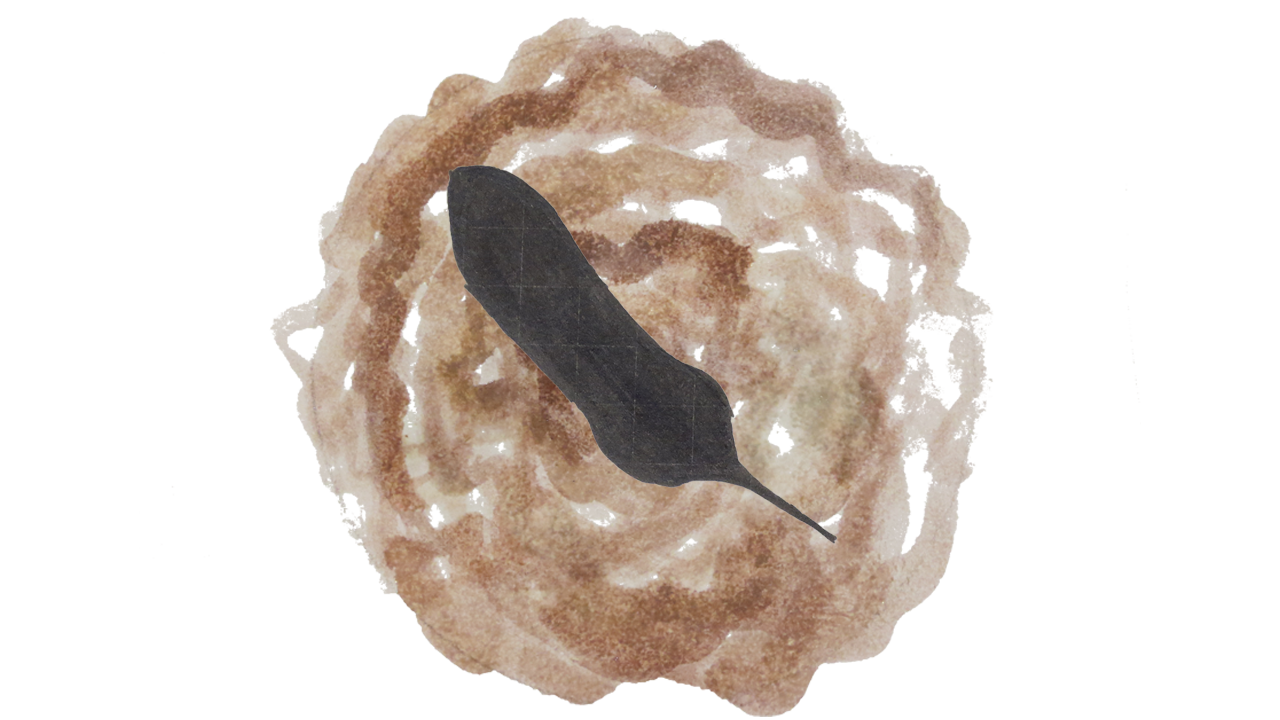Original translation
“It’s a dreadful story!” said a hen, and she said it in a part of town, too, where it had not taken place. “It’s a dreadful story to happen in a henhouse. I’m afraid to sleep alone tonight; it’s a good thing there are many of us on the perch!” And then she told a story that made the feathers of the other hens stand on end and the rooster’s comb fall. It’s quite true!
But we will begin at the beginning and tell what had happened in a henhouse at the other end of town.
The sun went down, and the hens flew up. One of them was a white-feathered and short-limbed hen who laid her eggs according to the regulations and who was a respectable hen in every way. As she settled herself on the perch, she plucked herself with her beak, and a tiny feather came out.
“There it goes,” she said. “No doubt the more I pluck, the more beautiful I will get.” But she said it only in fun, for she was considered the jolliest among the hens, although, as we’ve said before, most respectable. Then she fell asleep.
There was darkness all around, and the hens sat closely together. But the hen that sat closest to the white hen was not asleep; she had heard and had not heard, as one should do in this world, if one wishes to live in peace. But still she couldn’t resist telling it to her nearest neighbor.
“Did you hear what was said? Well, I don’t want to mention any names, but there is a hen here who intends to pluck out all her feathers just to make herself look well. If I were a rooster, I would despise her.”
Right above the hens lived a mother owl with a father owl and all her little owls. They had sharp ears in that family, and they all heard every word that their neighbor hen had said. They all rolled their eyes, and the mother owl flapped her wings and said; “Don’t listen to it. But I suppose you all heard what was said. I heard it with my own ears, and one must hear a great deal before they fall off. One of the hens has so completely forgotten what is becoming conduct to a hen that she plucks out all her feathers, while the rooster watches her.”
“Little pitchers have long ears,” said the father owl. “Children shouldn’t hear such talk.”
“I must tell it to the owl across the road,” said the mother owl. “She is such a respectable owl!” And away flew Mamma.
“Hoo-whoo! Hoo-whoo!” they both hooted to the pigeons in the pigeon house across the road. “Have you heard it? Have you heard it? Hoo-whoo! There is a hen who has plucked out all her feathers just to please the rooster. She must be freezing to death; that is, if she isn’t dead already. Hoo-whoo! Hoo-whoo!”
“Where? Where?” cooed the pigeons.
“In the yard across the way. I have as good as seen it myself. It is almost not a proper story to tell, but it’s quite true!”
“True, true, every word of it,” said the pigeons, and cooed down into their poultry yard. “There is a hen, and some say there are two hens, who have plucked out all their feathers in order to look different from the rest and to attract the attention of the rooster.”
“Wake up! Wake up!” crowed the rooster, and flew up on the fence. He was still half asleep, but he crowed just the same. “Three hens have died of a broken heart, all for the sake of a rooster, and they have plucked all their feathers out! It’s a dreadful story, but I will not keep it to myself. Tell it everywhere!”
“Tell it everywhere!” shrieked the bats; and the hens clucked and the roosters crowed. “Tell it everywhere!”
And so the story traveled from henhouse to henhouse until at last it was carried back to the very same place from where it had really started.
“There are five hens,” now ran the tale, “who all have plucked out all their feathers to show which of them had lost the most weight through unhappy love for their rooster. And then they pecked at each other till they bled and all five dropped dead, to the shame and disgrace of their families, and to the great loss of their owner.”
And the hen who had lost the little loose feather naturally didn’t recognize her own story; and as she was a respectable hen, she said, “I despise such hens, but there are many of that kind! Such stories should not be hushed up, and I’ll do my best to get the story into the newspapers. Then it will be known all over the country; that will serve those hens right, and their families, too.” And it got to the newspapers, and it was printed. And it is quite true. One little feather may grow till it becomes five hens.
About this fairy tale
The fairy tale It’s Quite True was first published 5th April 1852; Historier. Første Samling. (Danish title)

